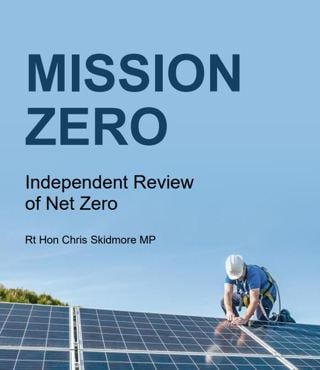Plans to introduce a sliding scale of electric vehicle (EV) production could prove problematic for fleets ahead of the 2030 ban on new internal combustion engine (ICE) cars and vans.
The warning from FleetCheck comes after the Government launched a consultation on its EV mandate.
It suggests that a sliding scale of EV production from 2024 with 22% of car sales and 10% of van sales being zero-emissions, rising to 80% and 70% respectively in 2030.
Peter Golding, managing director at FleetCheck, said: “The underlying issue with the EV Mandate is that it puts supply before demand at a time when vehicle production remains highly erratic and the rate of adoption of electric cars and vans is volatile.
“The Government is proposing to effectively force fleets to adapt their operations according to the speed at which they think electrification should be happening.
“This will not necessarily fit with the strategies that fleets have already created for the adoption of EVs over the next few years and will force many into re-evaluating their plans.”
Golding argues that many fleets have substantial operational issues to overcome on the road to electrification, especially when it comes to vans, and artificially limiting supply of ICE vehicles while pushing EV production higher “won’t do anything to solve these”.
The ease with which the EV Mandate could be applied cars and vans was likely to be quite different, he added.
“Meeting car targets is almost certainly not a problem,” explained Golding. “Fleets alone could probably account for 22% of all electric car sales next year without retail buyers. However, vans remain an issue.
“The jury is out when it comes to whether demand means one in 10 van sales is electric in 2024. We could easily tip into electric van oversupply.”
FleetCheck says that the Government needs to step up its incentives and infrastructure investment when it came to EVs in order to ensure supply and demand mismatches were avoided.
“Significant efforts will be needed to persuade fleets into electric vans at the kind of pace that is being envisaged,” continued Golding. “That means not just further upfront grants and other measures in both the new and used sector but massive resources being put into kerbside charging, which is essentially non-existent in large areas of the country at the moment.
“Some more money has been made available but there is a general sense that charging remains a very real problem.
“Of course, the EV Mandate is out for consultation and could well be changed but, as it stands, it presents fleets with many more questions than answers.”
The ZEV mandate consultation closes on May 24.
























Login to comment
Comments
No comments have been made yet.